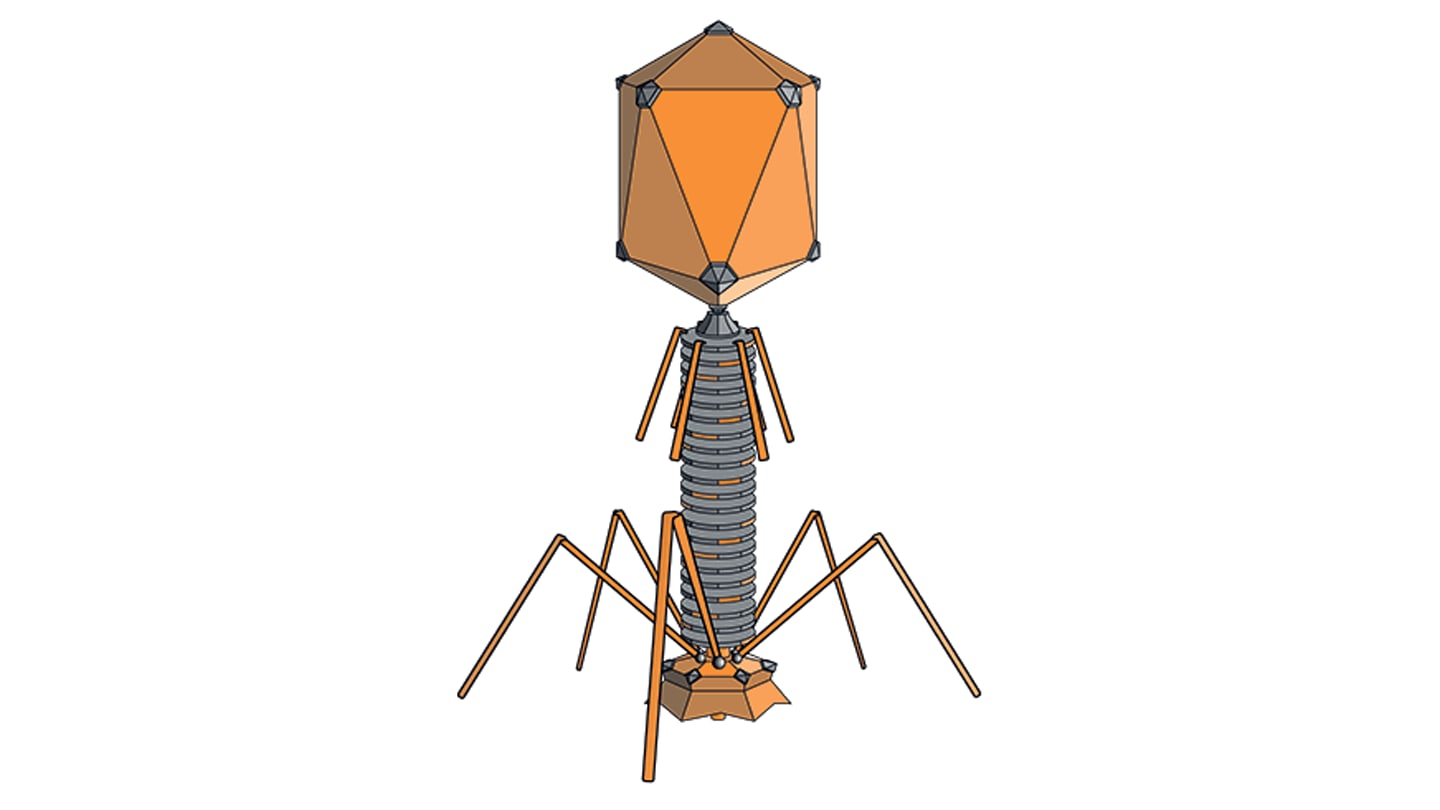
When we think of psychedelic drugs we think of altered states of consciousness, vivid hallucinations, and their controversial role in mental health research. One vein of research, however, is asking a less obvious question: can these compounds also affect the immune system? A recent study published in the British Journal of Pharmacology explores this possibility.
Classic psychedelics such as psilocybin, LSD, and mescaline are typically studied for their effects on the brain. They act mainly on serotonin receptors, influencing perception, mood, and cognition. But serotonin isn’t confined to the brain – it plays roles throughout the body, including the gut and immune system. This connection has led scientists to wonder whether psychedelics might influence immune activity.
Systematic exploration of the link between psychedelics and the immune system has been sparse and often overshadowed by the focus on mental health. With a resurgence of interest in psychedelics, however, the authors note that the time has come to revisit the connection: “While the detailed cellular and molecular mechanisms underlying the recreational and potential therapeutic actions of psychedelic drugs are far from understood [...] the ability of psychedelic drugs to reduce mediators of inflammation is beginning to be appreciated.”
Some experiments show that psychedelic compounds can influence immune cell activity, such as dampening inflammatory signals, but results vary depending on the compound and the conditions. Other studies suggest psychedelics might reduce inflammation in diseases such as asthma or sepsis. Still, these are early results and the translational process is long.
In short, psychedelics seem capable of nudging the immune system – but exactly how, and in what direction, remains uncertain. “A parsimonious summary of the data would be that the pharmacology of anti-inflammatory psychedelic drugs is still to be defined definitively,” the authors add.
One challenge is working out the mechanism. The immune system is complex, involving countless cell types and signaling molecules. Psychedelics primarily target serotonin 2A receptors, which are found on certain immune cells as well as neurons. Through these receptors, the drugs might alter how immune cells respond to stress or injury.
Another possibility is that the effects are indirect. Psychedelics can reduce psychological stress and depression, both of which are known to influence inflammation.
Many common diseases, from autoimmune disorders to cardiovascular problems, have an inflammatory component, and drugs that can tune the immune response without broadly suppressing it are in high demand. Conditions where psychedelics might be worth investigating include autoimmune diseases such as rheumatoid arthritis, chronic inflammatory conditions like asthma, and even cancer, where the immune system plays a double-edged role in both defense and disease progression. However, these remain speculative ideas rather than established applications.
It’s also worth noting that psychedelics aren’t straightforward drug candidates. Their psychological effects mean they cannot be given casually, and their legal status is tightly restricted in many countries. Any immune-related benefits would need to be carefully balanced against these challenges.
With patchy evidence and a field prone to hype, what’s needed next is patient, methodical investigation to find out whether the hints of immune modulation are real and clinically relevant. The evidence suggests a connection between psychedelics and immunology, but it is fragile and incomplete. What is clear is that the immune system deserves at least a mention in the conversation.




